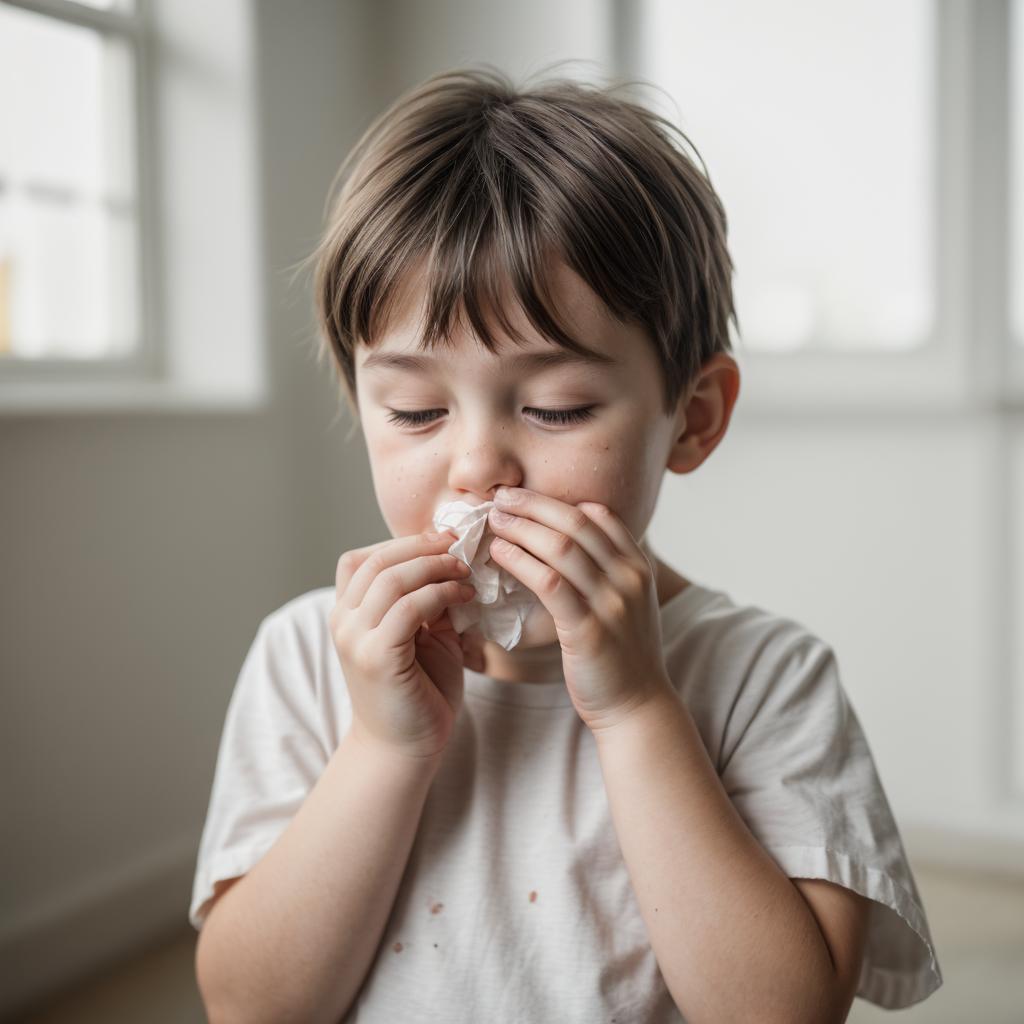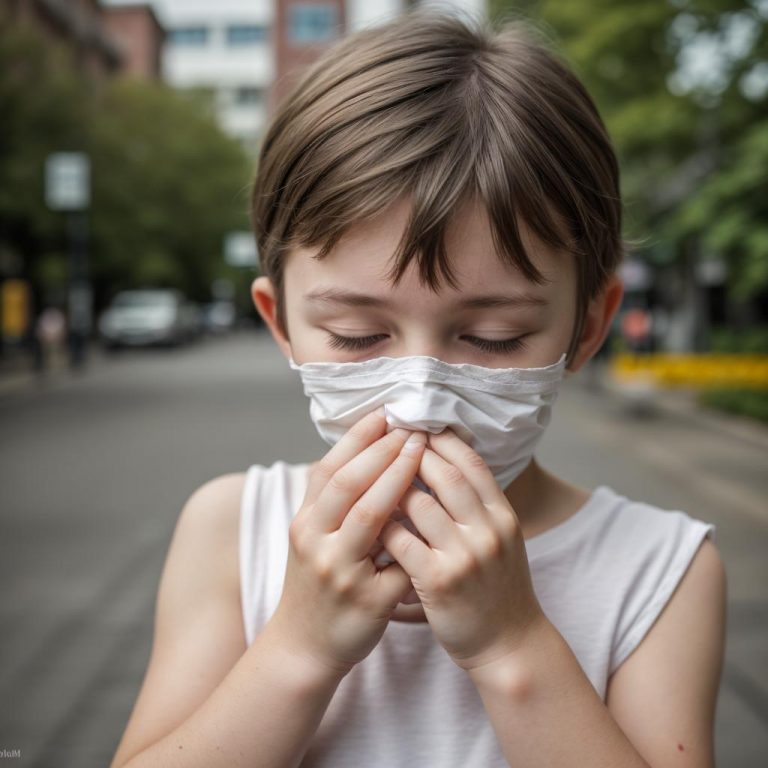

Understanding childhood allergies
Allergies are increasingly prevalent among children, affecting their daily lives and activities.
From pollen to pet dander, allergic reactions can range from mild discomfort to severe symptoms that require medical intervention. One common approach to managing allergies in children is through the use of allergy medicine specifically formulated for pediatric use.
Choosing the right medication
When selecting allergy medicine for kids, it’s essential to consider several factors. First and foremost, consult with a pediatrician or allergist to determine the specific allergens affecting your child and the most appropriate treatment plan. There are various types of allergy medications available, including antihistamines, decongestants, nasal corticosteroids, and leukotriene inhibitors. Each works differently to alleviate allergy symptoms, so the choice depends on the child’s age, the severity of symptoms, and any underlying health conditions.
Types of kids allergy medicine
Antihistamines are commonly used to relieve itching, sneezing, and runny nose associated with allergies. They work by blocking the effects of histamine, a chemical released by the immune system during an allergic reaction. Some antihistamines, such as loratadine and cetirizine, are available over-the-counter and are generally safe for children older than two years. However, it’s crucial to follow the recommended dosage and consult with a healthcare professional before administering any medication to children.
Decongestants help alleviate nasal congestion by shrinking swollen nasal passages, making it easier to breathe. However, they are not recommended for long-term use, especially in children, as they can cause rebound congestion and other side effects. Nasal corticosteroids are another option for managing nasal allergy symptoms. These medications reduce inflammation in the nasal passages, providing relief from congestion, sneezing, and runny nose. They are often considered safe for long-term use and are available in both prescription and over-the-counter forms.
Leukotriene inhibitors, such as montelukast, are oral medications that block the action of leukotrienes, substances in the body that contribute to allergic reactions. They are typically prescribed for children with asthma and allergic rhinitis to help control symptoms and reduce the frequency of asthma attacks.
Administration and safety
When administering allergy medicine to children, it’s essential to follow the dosage instructions provided by the manufacturer or healthcare professional carefully. Use the appropriate measuring device, such as a dosing spoon or syringe, to ensure accurate dosing. Never give adult formulations of medication to children unless specifically instructed by a doctor, as they may contain higher doses of active ingredients that can be harmful to young children.
Additionally, be aware of potential side effects associated with allergy medication, such as drowsiness, dizziness, dry mouth, and gastrointestinal upset. While these side effects are generally mild and temporary, they can affect a child’s ability to concentrate and participate in daily activities. If your child experiences severe or persistent side effects, consult with a healthcare professional.
Managing allergies in children requires a comprehensive approach that may include medication, allergen avoidance, and lifestyle modifications. Kids allergy medicine can provide effective relief from allergy symptoms, allowing children to enjoy a better quality of life. However, it’s essential to choose the right medication and use it safely under the guidance of a healthcare professional. By understanding the different types of allergy medicine available and how to administer them properly, parents can help alleviate their child’s allergy symptoms and promote their overall well-being.



